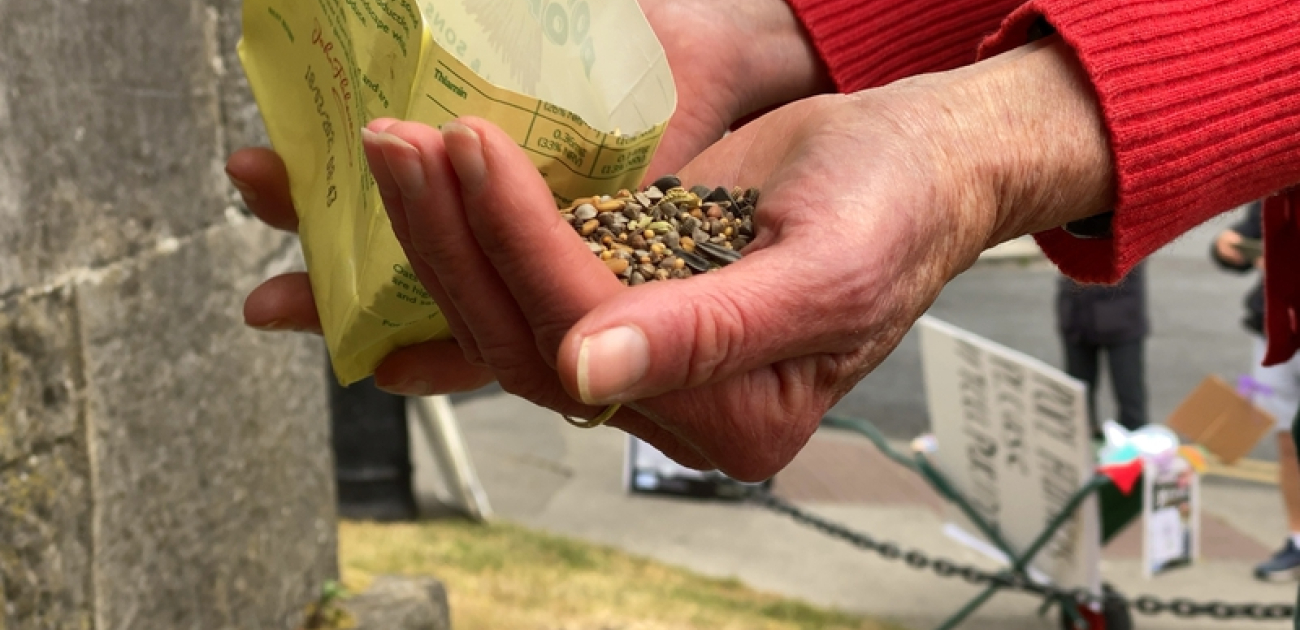What Does Intellectual Property Have To Do With Food Safety?
A couple of years ago, when President Biden began his term in the United States, the authors of a blog wrote very vehemently about the need for this administration to deal with the food security crisis that has been worsening, among other factors. due to climate change. Thus, this author emphasized the benefits that emerging technologies can bring to alleviate this crisis, and therefore called for leading companies and nations in this field to invest in this specific area, which would bring them an advantage. , obtain the benefits derived from Intellectual Property.
And it is here where we must stop to analyze the implications of the protection of Intellectual Property rights associated with food security, since this leads us to the specific field of agriculture where, for example, through the application of biotechnology plants and crops are improved. to resist climatic changes, resulting in a means to alleviate said crisis. This is how Intellectual Property has two forms of protection: patents and the protection of plant varieties, which although at first glance seems the appropriate, equitable and fair way to reward those who invest in innovation that has an impact on a vital field such as the already aforementioned food security, does not always bring favorable consequences for all the actors involved:
In the first place, in developing countries where farmers or at least a part of them are accustomed to the exchange of seeds and knowledge without barriers, it can mean no less impact, since they will have to pay the prices set by breeders and owners, which in most cases come from developed nations.
Secondly, research and progress in development for the improvement of own crops will be affected by intellectual property rights, because it will hardly be before any exception that authorizes such research.
Thirdly, the application of this technology in third world countries may not be correct, due to lack of training.
However, the flexibilities brought by international treaties that go through the issue, either superficially or deeply, are not enough, since for example TRIPS have been affected by free trade agreements where the leader in technology imposes its own conditions. , or those international instruments that admit the use of plant varieties that are already in the public domain do not make much sense.
Thus, in order to face the food crisis, I consider it necessary to take into account the inequalities that exist between nations, because although it is true, remuneration through Intellectual Property rights becomes not only a reward but also a necessary stimulus. In order to advance technologically in any field, it is necessary to take into account all the actors that are part of this balance, in order to conclude that the food crisis is truly and effectively being faced.


